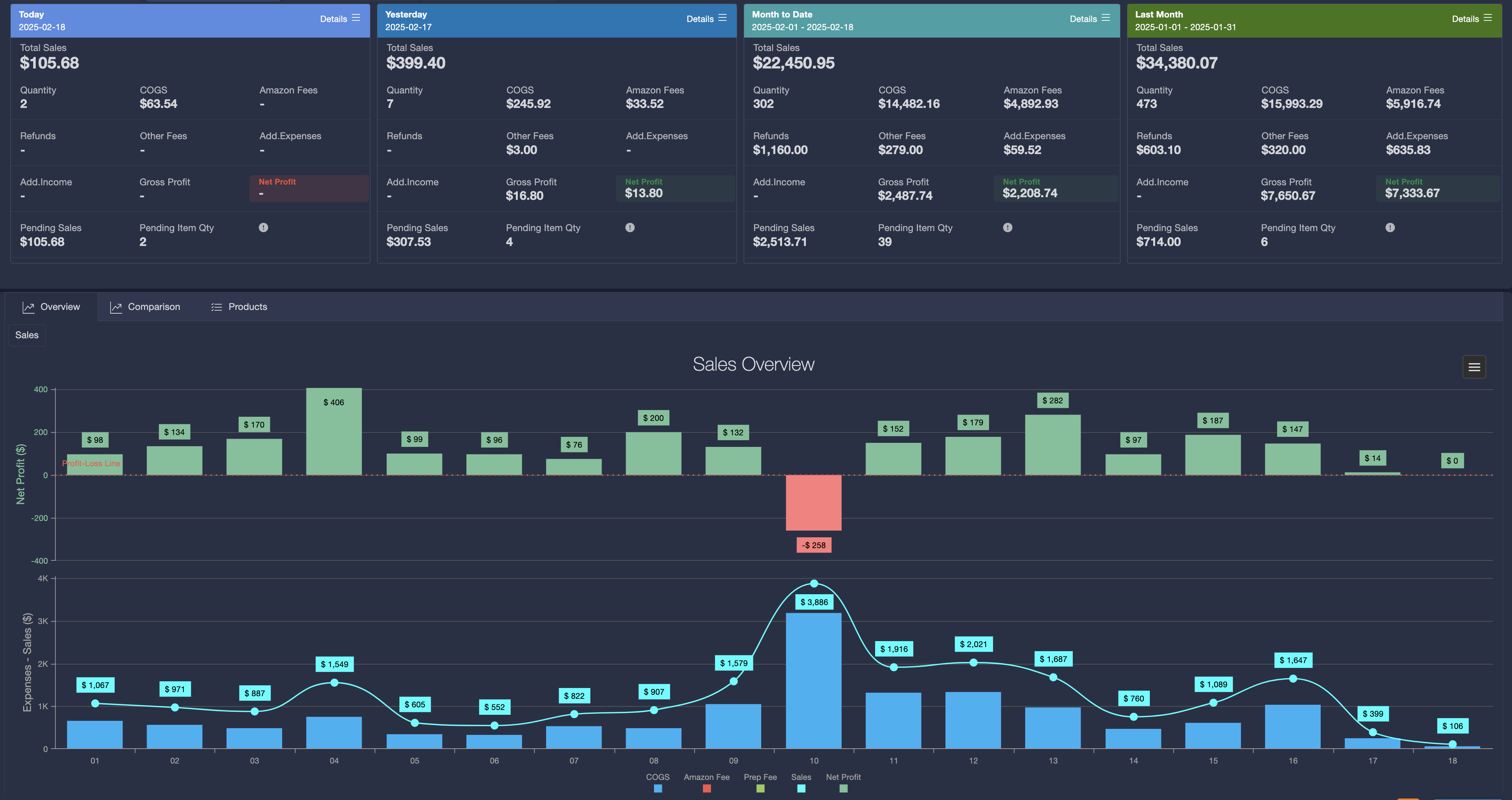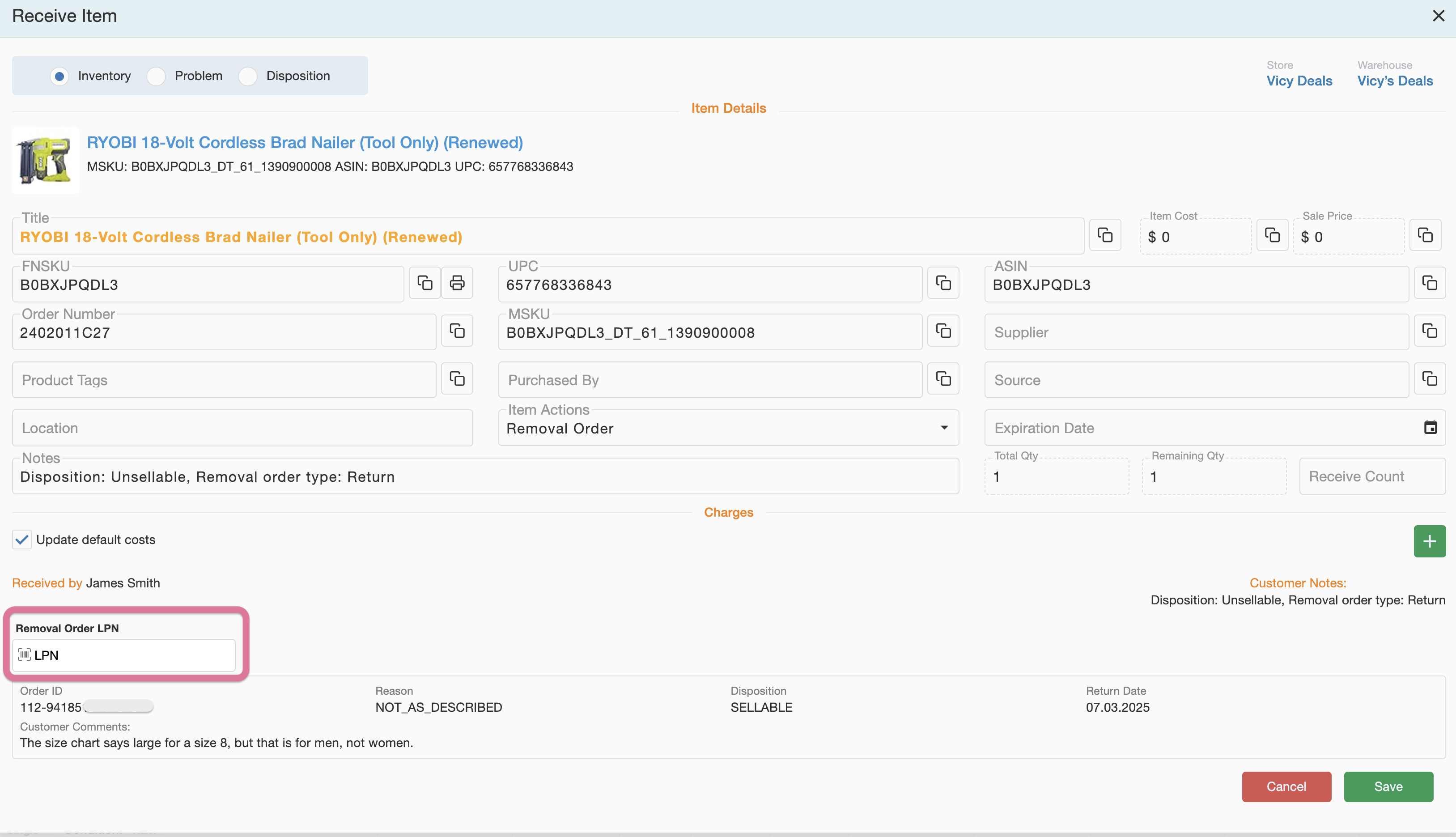Simplify Your Multi-Channel E-Commerce Business with PrepShipHub
PSH brings all your operations together, simplifying workflows while managing Walmart, Amazon, eBay, and Shopify from one powerful platform. Effortlessly expand across multiple channels and stay ahead with PSH’s top-tier solutions.
Ready to transform your e-commerce operations?
PSH handles the complexities of your operations, allowing you to focus on growing your business. From tracking purchased inventory to smooth shipping, PSH ensures the process is simple, efficient, and entirely stress-free.

Tired of jumping between platforms to process orders?
PSH centralizes order and fulfillment management from Amazon, eBay, Walmart, and Shopify, giving you full control in one place.
- Platform IntegrationSeamlessly connect to popular platforms like Amazon, Walmart, Shopify, and eBay.
- Non-Partnered Shipments (LTL/FTL)Ability to purchase both LTL and FTL shipments provides greater flexibility and control over your shipping decisions.
- Parcel Carrier IntegrationIntegrates with top carriers like FedEx, UPS, USPS, and Amazon Shipping.
- Rate ComparisonCompare shipping rates instantly to find the most cost-effective option. Buy Hazmat or All Non-Partnered shipping labels directly within PSH without needing to exit the platform.
The PSH offers a dashboard to track sales, profits, and all the key insights you need to understand your business.

Streamline your e-commerce operations with an all-in-one platform that makes listing, labeling, shipping, and reporting effortless. Save time and effort with a simple 4-step process!

Quit hopping between sites, use one software for everything!
See all your storefronts in one place: - One Login, Total Control - No more jumping E-commerce sites. Get your inventory, choose where to sell it. Stop juggling and start Scaling!
- List Products
- Create Shipments
- Manage Returns
- Manage Inventory
- Streamline Workflows
- Analyze Performance
- Prep Center Integration
- Monitor Business
- Compare Shipping
Our Partners
Testimonials
PrepShipHub is a verified Amazon Seller Central Partner
Boosting Efficiency for Amazon Sellers!
"The Amazon Prep Center software has become an indispensable tool for enhancing my efficiency as an Amazon seller. Its straightforward interface and essential features have proven to be a winning combination for streamlining my inventory management."
Effortless Selling Made Possible!
"Using the Amazon Prep Center software has been a game-changer for my online selling venture. Its intuitive interface and essential features have made managing inventory effortless."
Simplified Success with Amazon Prep Center
"The Amazon Prep Center software has simplified and elevated my journey as an Amazon seller. Its user-friendly design provides a seamless experience, making inventory management a breeze."
Effective Solution
"The Amazon Prep Center software I've been using has proven to be a reliable companion for my online selling business. Its straightforward design makes navigation a breeze, and the features are essential for keeping my inventory organized."







